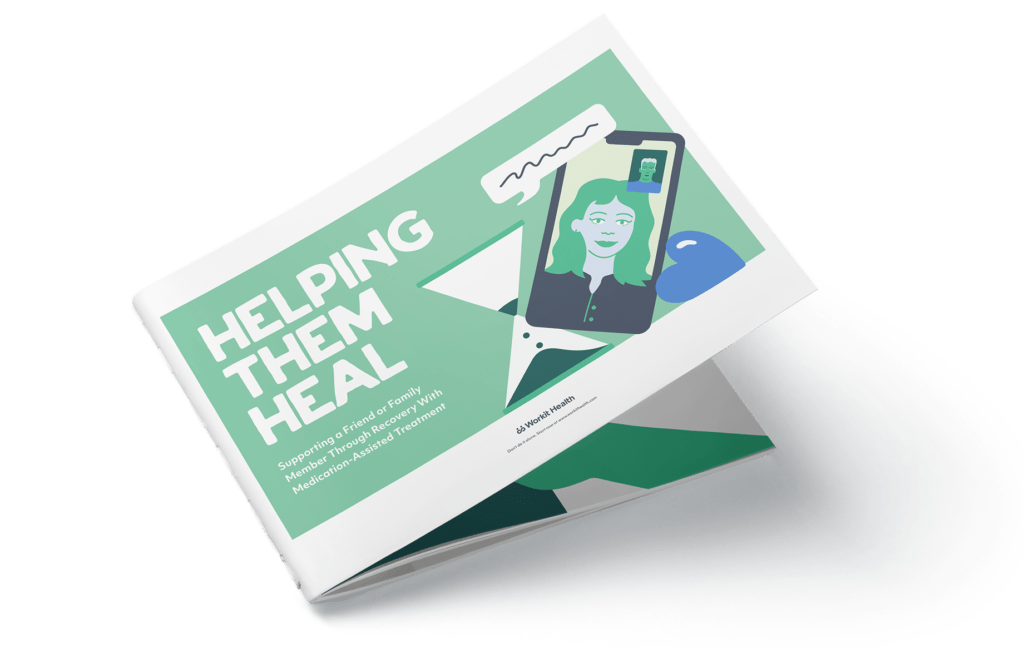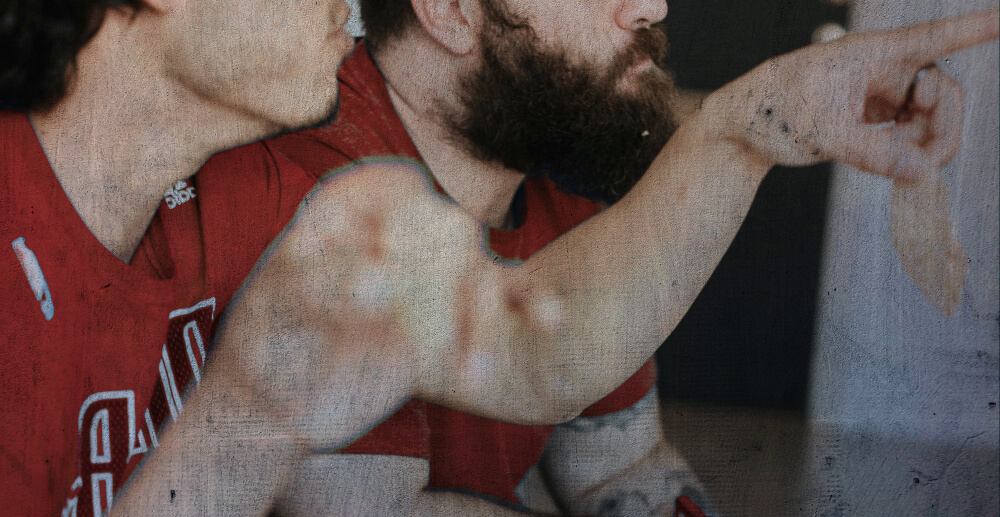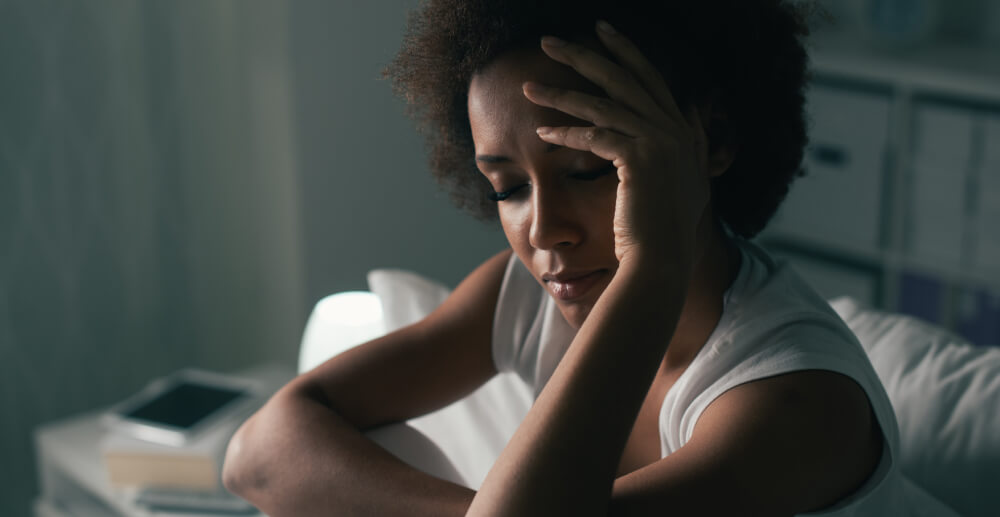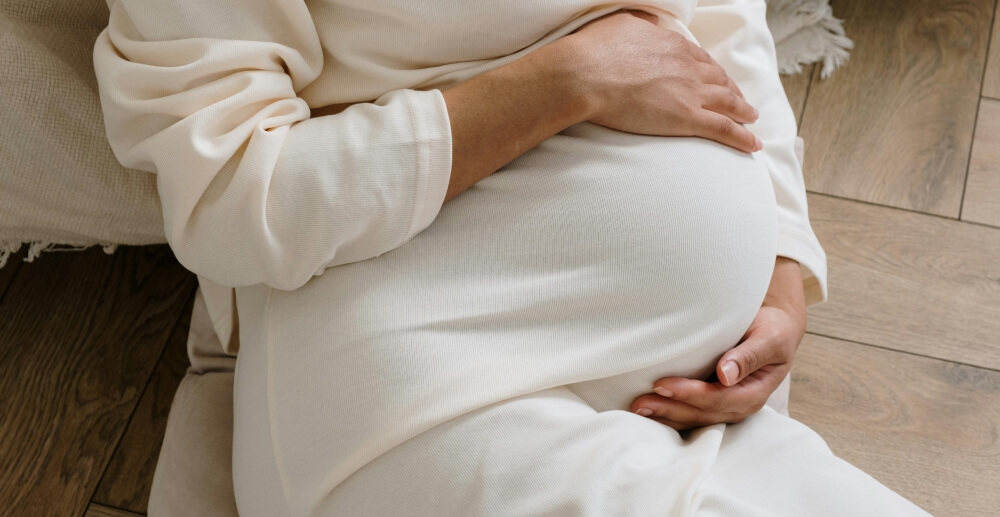After all of the quizzes and questions, there were some warning signs of addiction that no one told me about.
Before I quit drinking, I mean really quit drinking, I wasn’t convinced I actually needed to quit drinking. I thought maybe, possibly, there was a slight chance I should. But I wasn’t convinced. So I found myself taking online quizzes or looking at lists of warning signs that could help me determine whether I was truly an alcoholic. After all, maybe I was just drinking a little too much due to stress and didn’t need to quit entirely.
The problem was, a lot of those quizzes used diagnostic criteria that I found too easy to rationalize. Like, “Do you drink to relax or feel better?” Duh, of course! I don’t pour myself a glass of Pinot to feel worse! Or they asked questions I didn’t find relatable to my stage of drinking. Like, “Have you ever had to have an eye-opener upon awakening in the past year?” or “Do you sometimes stay drunk for several days at a time?” Am I on a Caribbean cruise? Then yes, but otherwise, no. And there you go, case closed. I could easily convince myself I didn’t have a real problem. Until one day, I couldn’t.
The truth was that I didn’t want to quit drinking, so I wasn’t willing to see it. Addiction is tricky that way. It wants you to keep doing the thing you shouldn’t be doing.
Looking back, I experienced quite a few warning signs that weren’t on any of the quizzes I’d taken. So I’m going to put them down here, just in case anyone else is having a little look-see at their relationship with liquor.
Keep in mind that I am not a professional psychologist, just a garden-variety wino who lives to give other people advice.
Crying on a first date
For me, crying on a first date was almost always a direct result of drinking too much, and it’s not a turn-on. Once I went out with a guy I really liked, and due to nerves (or maybe alcoholism) I ended up crying—about my childhood, an ex-boyfriend, or maybe my haircut. Who really knows? The next day he called, but only to ask if I was okay. I never saw him again. This was not the only time that happened.
Arguing with my husband and not remembering it the next day
This was a big one for me. I’d have too much wine, get aggravated about something, pick a fight, and go to bed in a huff. The next day I’d have a vague recollection that we’d argued but no clue what it was about. I’d be forced to pretend I was still mad so he wouldn’t suspect I’d had too much to drink. Sometimes I had to keep this up for hours. Good thing I have a background in improv! I think it goes without saying that quitting drinking improved my marriage.
I didn’t have an “off switch”
This is a big one. The times I’ve been really intoxicated have always been an accident. I’ve never been someone who set out to get hammered on purpose. But I couldn’t seem to say when. When people who don’t have a drinking problem start feeling buzzed, their brain gets a signal that they don’t need any more. On the other hand, when alcohol starts making me feel good, my brain gets a signal that more would be even better! So if I were at a party and my wine glass kept getting refilled, I would … just keep drinking. This might end peacefully, or it might wind up in a storm of shame and regret. It was always a crapshoot!
Trying to moderate
Not to state the obvious, but moderation is very hard for an addict. The giveaway for me was that on the occasions that I tried to limit myself to two glasses of wine and actually managed to stick to that limit, I threw myself a mental parade. “Look at me, only having two glasses of wine like a normal person!” Spoiler: that thought process is not normal.
Taking up yoga or a health regime to help curb drinking
There is nothing wrong with trying to be healthy! But I often tried to exercise to curb stress, thinking I would drink less as a result. It never worked. Now that I’m sober, exercising and taking care of my health is very helpful. But I had to quit drinking first. I couldn’t exercise myself into drinking less.
Reading articles like this
Hey, I’m not saying it means anything for you! I’m just saying that I read a lot of these kinds of articles, that’s all. I’m sure you’re fine. Really.





